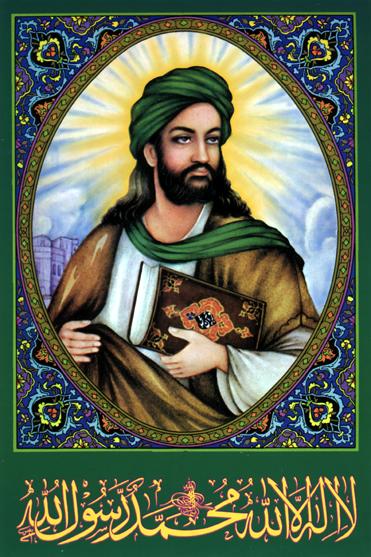Shri Socrates & his teachings
Shri Socrates
Socrates was born in Athens in 469 BC and died 70 years later.
He came from a prosperous family which allowed him to study and dedicate almost all his life to philosophy.
Furthermore, he was leading a frugal life, as he was not attracted by luxury and comforts.
Because he did not feel the need for riches he gave free lectures to his students.
He served in the Athenian arm and fought in two battles. He married Xanthippe when he was 50 and they had three sons.
At that time, Athens was meeting a period of big expansion and enrichment.
This condition allowed the Athenians to develop their trades and expand their
cultural horizons (architecture, art, philosophy, etc). We can have a glance,
in our imagination, and see all these old philosphers walking slowly in
the main square of the town (called agorà), while discussing various subjects,
and being followed by young students thirsty of knowledge.
But at the
same time, the ambition of the Athenians was inexorably growing up and with
that the thirst of power and richness. Furthermore, a new movement of
philosophy, the Sophism, was gaining ground, that called into question the
conception of objective truth and was moving towards a more mind-oriented
speculation of reality.
The condemn from Socrates towards this unstoppable ambition is clear:
“The desire of possession, this is the cause of all the wars, the discords, the scuffles: it is the body that gives them birth because of its passions; and if we busy ourselves in getting hold of wealth is the body we are slave of.”
Socrates wanted to lead the attention of Athenians to spirituality in order that they may lead a more moral and virtuous life.
But not everybody appreciated his teachings and some of them accused him of “corrupting the younglings, not recognizing the Deities recognized by the collectivity, believing in demons and practising an unknown religious cult”.
He was arrested, put on trial and found guilty of corrupting the minds of the youth of Athens and was condemned to death.
He refused the help of his friends who wanted him to escape: he always stated that it was important to respect the laws and did not want to be hypocritical.
Few days after his death, the Athenians repented for their impetuous deed and
in sign of grief closed schools and theatres and condemned his accusers.
Teachings
A life
without the research of Truth and virtue is not worthy to be lived
“I go around trying to convince you, young and
old, that you should not take care neither of the riches nor anything else if
not your soul in a way that he becomes as good as possible, because the virtue
does not come from the riches, but from the virtue itself come the riches and
all the goods for the people, both in the private and public life”.
Meditation is the
way to reach wisdom and truth
“The soul of every person, when he feels intense pain or pleasure for something, believes that what caused this intense emotion is the only reality, true and evident, whereas it is not at all¼ because every pleasure and every pain, almost like nails, nail the soul to the body, they bind the soul to the body in a way that the soul becomes corporeal, till you believe true the things that the body consider true.”
“The soul reasons in the best way when no sense or feeling bothers it: neither
the sight, nor the hearing, nor the pleasure, or the pain; but when it gathers
completely in itself, detaching from the body and approaching the complete
being -The soul, remaining alone in itself makes its
research and elevates to what is pure, eternal and immutable and since this is
of its same nature, the soul remains always bound to it: this state of the soul
is called pure knowledge.”
Immortality of the
soul and reincarnation
If it is clear that by detaching from the body and getting closer to our soul, it is possible to access the pure knowledge, it is not as much clear how could the soul be considered immortal and pass from one body to another one after death.
Socrates did not
use miracles to induce his students to trust him, but dialectics. He
first states that he knows nothing and then starts his investigation by
questioning his interlocutor and by extracting out of him all the prejudices,
the false ideas and the superstitions that dwell in his mind. After delivering
his mind from its burden, Socrates can bring to light the truth from inside, by
raising his interlocutor to a higher state of awareness so that he can witness
the Absolute Truth by himself.
He argues that, if the soul were not eternal, many things should result
inexplicable. For example, he says that ‘knowing’ is just remembering.
Otherwise, how could many concepts, like the Beauty, the Equal, the
Righteousness, be so easily acquired by us (while growing-up) if they were not
somehow already existing and needed only to be ‘recalled’?





Comments
Post a Comment